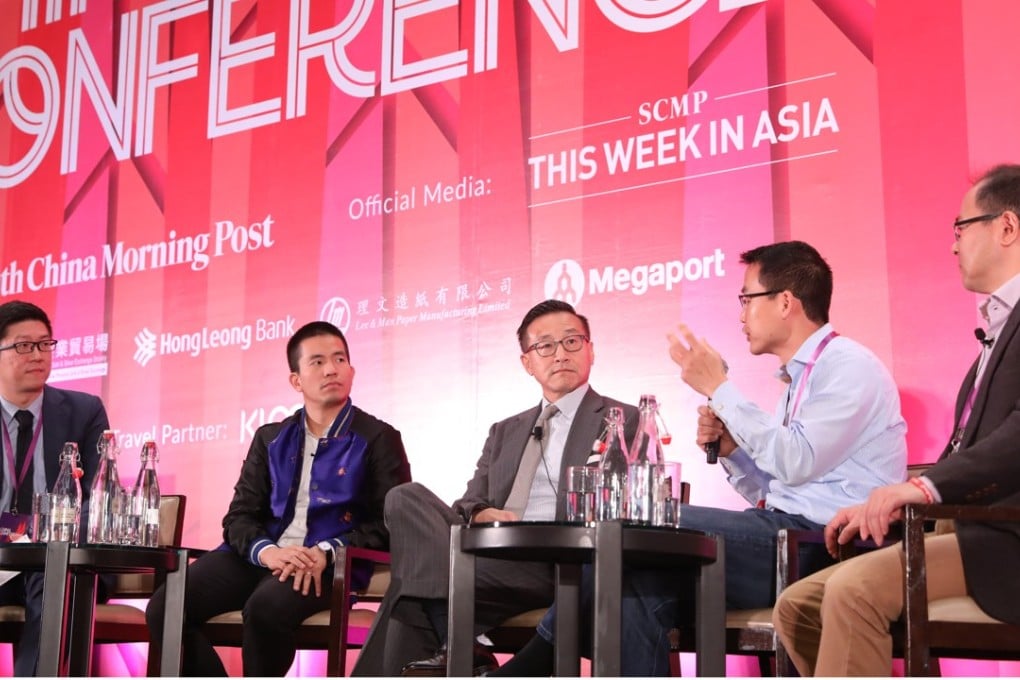Tax system shouldn’t discriminate against investment of labour, Alibaba’s Joe Tsai says
‘Our tax system of encouraging capital investment was designed for the last century’s Industrial Age’

“My point is not to have special tax rates for the technology sector. My point is that the tax system should not discriminate against the investment of labour versus investment of capital,” Tsai elaborated in comments to the Post.
“When you forego salary to receive stock options, you are investing your own time and sweat, it’s an investment of labour. But most countries tax stock options at ordinary income rates [higher rate] as opposed to the capital gains rate [which is typically lower].”
Highlights from the China Conference:
This is the case in both China and the United States. In China, the ordinary income rate on salaries stands at 45 per cent, while capital gains are taxed at 20 per cent. In Hong Kong, salaries are taxed at 15 per cent but capital gains are not taxed.